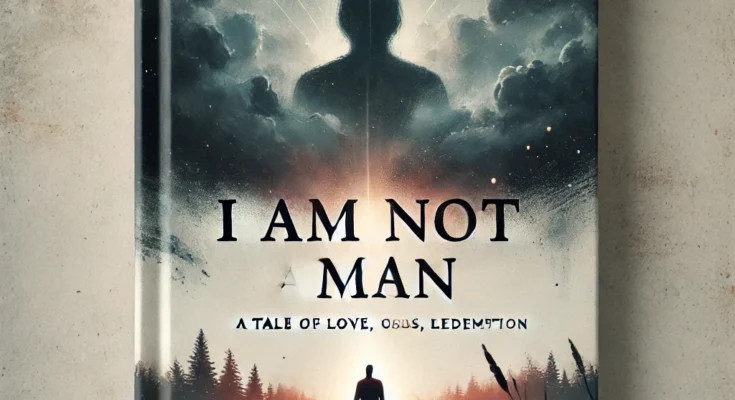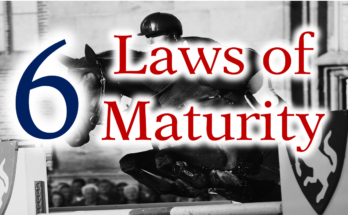“I can meet you over a cup of tea.”
It was a message on Messenger that I read two days later.
“We can certainly meet, but I have no fondness for tea.”
Two more days passed, and the Messenger notification chimed again:
“I’m replying after two days because you did the same. I hope you won’t keep me waiting next time to avoid the wait yourself.”
“Messenger feels like a burden, so I often avoid opening it. That was the only reason for the delay.”
“I live in an old neighborhood of Multan (City in Pakistan). From the roof of our house, you can see the domes of Multan’s shrines. As I type this message, I’m on the roof, watching a pigeon perched on the edge—it might fly away before my message even reaches you.”
“Your message just arrived. I’m walking on Mall Road, heading towards the Punjab Public Library. That pigeon must have flown away by now.”
“I was asking if we can meet—over a cup of tea or something we both might have in common?”
“I can’t say what I like to eat, but we can meet.”
“Next Tuesday evening… in Lahore (City in Pakistan). Wait for me; I’ll surely come.”
It was Sunday. A single evening stood between her and me.
But even that wait felt unbearable.
My health was deteriorating further, and I lay motionless on the bed.
Her message appeared on the screen:
“I’m sitting on the steps of Wazir Khan Mosque, waiting for you.”
Startled, I thought, How can today be Tuesday? But indeed, it was Tuesday evening.
When illness and grief pierce the soul, neither the heart stays composed nor the mind clear.
I had been waiting for her, but I was unaware of the arrival of this day.
“If you can’t reach here within an hour, this evening will pass, and I won’t be here after that.”
The message felt like a warning, a plea, or a reproach—it further muddled my already scattered thoughts.
“My health is poor; even stepping out of my room is a struggle… but give me time. I promise to come.”
I donned my black attire, which feels solemn during troubled days, and took my satchel, where I carry my being, ready to wander any path.
The Sindhi Ajrak scarf—imbued with the love of a Dravidian friend—hung around me, and my uncombed hair tangled with haste.
Within minutes, I had reached Delhi Gate.
My phone vibrated—it was her message again.
“The sun is setting; I won’t stay in the dark.”
“I’ll be on those same steps within minutes, the ones sensing your presence now.”
“I don’t know what you look like. There are many men here, all glancing at me, stealing second looks before turning their gazes away. How will I recognize you?”
“There’s only one of me. You’ll recognize me among them. The sun has twenty minutes left to set, and it might take me the same amount of time to arrive.”
An elderly African woman with heavy hips and a shaved head emerged from the door of Wazir Khan Mosque.
A German-looking man stood, his head bowed over a painting.
Many women sat on the steps—among them was one I didn’t know, whose name I didn’t even know.
Yet she awaited me.
I silently sat on the topmost step, overcome by my ailment, my head spinning.
I peeked into my satchel—only to realize I had forgotten my medication.
“The steps face the other way. Life fading away is visible here, but not the setting sun… You took too long to arrive.”
She wore a blue abaya, her dusky complexion glowing, a nose ring adorning her face. In the first glance, she looked beautiful.
“I need a sip of water,” I said.
“You’re holding a bottle of mineral water in your hand—you can drink that.”
“I’ve been thirsty for hours but forgot that I didn’t need to ask for water.”
“What’s your illness?” she asked.
“I have none. That’s what the doctors and their instruments say. I know it too. But I’m not well—or perhaps, nothing is.”




